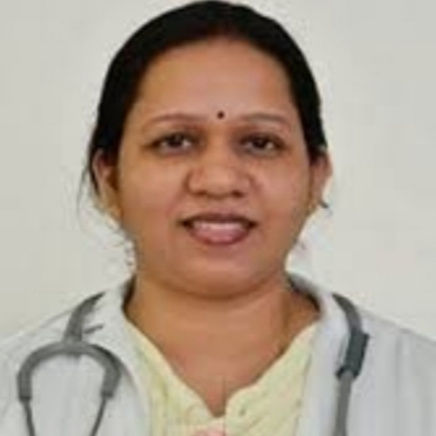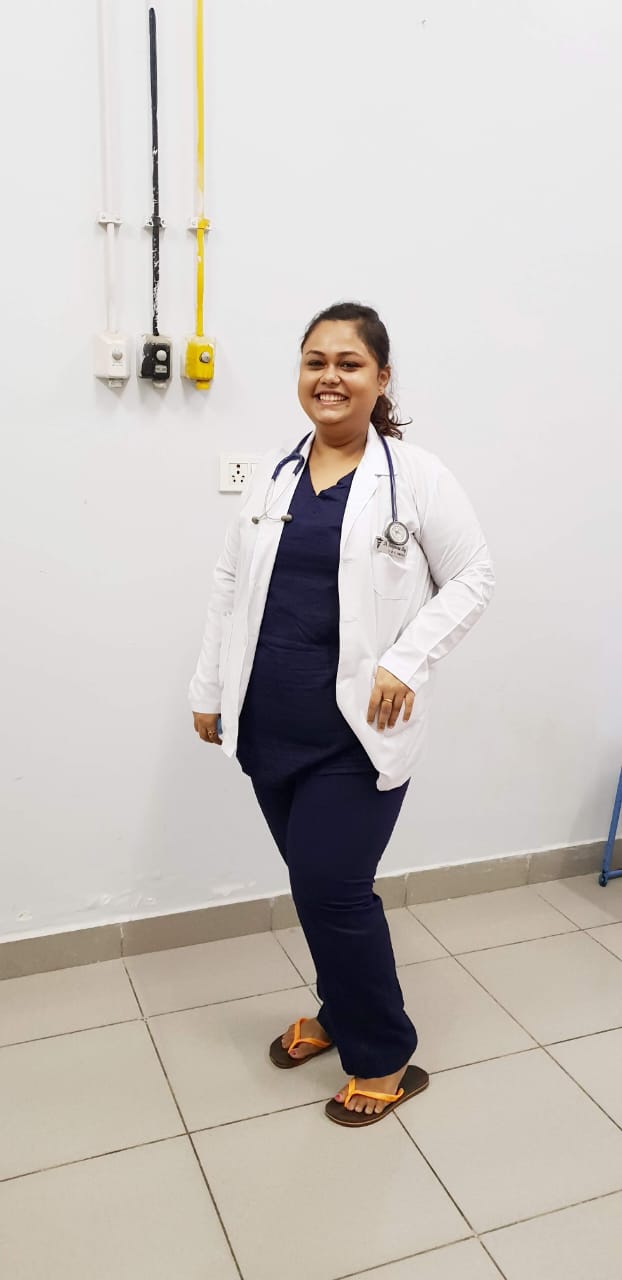Women's Health Common Issues and Diseases
Explore common women’s health issues and diseases, including hormonal imbalances, reproductive health concerns, and chronic conditions. Learn about symptoms, prevention, and when to seek medical care for better well-being.

Written by Dr. Mohammed Kamran
Reviewed by Dr. D Bhanu Prakash MBBS, AFIH, Advanced certificate in critical care medicine, Fellowship in critical care medicine
Last updated on 19th Aug, 2025

Introduction
Women’s health is a crucial aspect of overall well-being, yet many women often neglect their health due to busy schedules, family responsibilities, or lack of awareness. Understanding common health issues that affect women can help in early detection, prevention, and better management. This article highlights some of the most common women’s health concerns, their symptoms, causes, and ways to stay healthy.
1. Menstrual Health Issues
Common Conditions:
Dysmenorrhoea (Painful Periods): Severe cramps during menstruation.
Menorrhagia (Heavy Bleeding): Excessive or prolonged bleeding.
Polycystic Ovary Syndrome (PCOS): Hormonal imbalance causing irregular periods, weight gain, and fertility issues.
Premenstrual Syndrome (PMS): Mood swings, bloating, and fatigue before periods.
Symptoms to Watch For:
Irregular or missed periods
Extreme pain during periods
Unusual bleeding patterns
Severe mood changes
Management & Prevention:
Maintain a balanced diet rich in iron and vitamins.
Exercise regularly to reduce cramps and improve hormonal balance.
Stay hydrated and limit caffeine and salt intake to reduce bloating.
Consult a doctor if symptoms are severe or persistent.
Consult a Gynaecologist for the best advice
2. Urinary Tract Infections (UTIs)
What is a UTI?
A bacterial infection affecting the urinary system, more common in women due to shorter urethras.
Symptoms:
Burning sensation while urinating
Frequent urge to urinate
Cloudy or foul-smelling urine
Pelvic pain
Prevention & Care:
Drink plenty of water to flush out bacteria.
Wipe from front to back after using the toilet.
Avoid holding urine for too long.
Wear cotton underwear to prevent moisture buildup.
If symptoms persist, consult a doctor for antibiotics.
3. Breast Health & Cancer Awareness
Common Concerns:
Fibrocystic Breasts: Lumpy or tender breasts (usually harmless).
Breast Cancer: Abnormal growth of breast cells.
Symptoms to Watch For:
A new lump in the breast or armpit
Changes in breast shape or size
Nipple discharge (other than breast milk)
Skin dimpling or redness
Prevention & Early Detection:
Perform monthly self-exams to check for abnormalities.
Get a mammogram after 40 (or earlier if high risk).
Maintain a healthy weight and limit alcohol intake.
Breastfeed if possible, as it reduces breast cancer risk.
4. Reproductive Health & Fertility Issues
Common Conditions:
Endometriosis: Painful condition where uterine tissue grows outside the uterus.
Fibroids: Non-cancerous growths in the uterus.
Infertility: Difficulty conceiving due to hormonal or structural issues.
Symptoms:
Severe pelvic pain
Pain during intercourse
Heavy or irregular periods
Difficulty getting pregnant
Management & Care:
Regular gynecological check-ups.
Maintain a healthy weight and manage stress.
Seek medical advice if trying to conceive for over a year without success.
5. Osteoporosis & Bone Health
Why Women Are at Higher Risk?
Women lose bone density faster after menopause due to lower estrogen levels.
Symptoms:
Frequent fractures (especially hips, wrists, or spine)
Loss of height over time
Back pain due to spinal fractures
Prevention & Care:
Consume calcium-rich foods (dairy, leafy greens, nuts).
Get enough Vitamin D (sunlight, supplements).
Engage in weight-bearing exercises (walking, yoga).
Avoid smoking and excessive alcohol.
6. Heart Disease in Women
Why is it a Concern?
Heart disease is a leading cause of death in women, often overlooked due to atypical symptoms.
Symptoms (Different from Men):
Shortness of breath
Nausea or dizziness
Unusual fatigue
Pain in the neck, jaw, or back
Prevention Tips:
Monitor blood pressure and cholesterol regularly.
Eat a heart-healthy diet (low salt, high fibre).
Exercise at least 30 minutes daily.
Quit smoking and manage stress.
7. Mental Health Concerns
Common Issues:
Depression & Anxiety: Higher prevalence in women due to hormonal changes.
Postpartum Depression: Mood disorder after childbirth.
Symptoms:
Persistent sadness or hopelessness
Loss of interest in activities
Extreme fatigue
Changes in appetite or sleep
How to Cope?
Talk to someone you trust (friends, family, therapist).
Practice mindfulness and relaxation techniques.
Seek professional help if symptoms worsen.
When to See a Doctor?
If you experience:
Persistent pain or unusual symptoms
Sudden changes in menstrual cycle
Unexplained weight loss or gain
Mental health struggles affecting daily life
Conclusion
Schedule regular check-ups. Maintain a balanced diet and active lifestyle. Listen to your body and seek help when needed.
Consult a Gynaecologist for the best advice
Consult a Gynaecologist for the best advice

Dr. Vineet Mishra
Infertility Specialist
36 Years • MD, Phd, DSc
Ahmedabad
Apollo Hospitals - Gandhinagar, Ahmedabad, Ahmedabad

Dr. Sanchita Dube
Obstetrician and Gynaecologist
17 Years • MBBS, MD, DNB
Noida
Apollo Hospitals Sector 26, Noida
(100+ Patients)

Dr Bhawna Garg
Gynaecological Oncologist
26 Years • MBBS, MS, (PGI MS ROHTAK) FELLOWSHIP GYNECOLOGY ONCOLOGY, (CANCER INSTITUTE CHENNAI)
Delhi
Apollo Hospitals Indraprastha, Delhi

Dr. Vandana Sinha
Obstetrician and Gynaecologist
14 Years • MBBS, MS(Obs & Gyn), Fellow in Gynec-Onco. & Gynec Endoscopy
Ahmedabad
Apollo Hospitals Gandhinagar, Ahmedabad
(150+ Patients)

Dr. Sreeparna Roy
Obstetrician and Gynaecologist
8 Years • MBBS , MS (OBSTETRICS & GYNAECOLOGY), Fellowship in Infertility, Endoscopy & Ultrasonography), Fellowship in Laparoscopy & Hysteroscopy,DRM
Barasat
Diab-Eat-Ease, Barasat



.webp)
